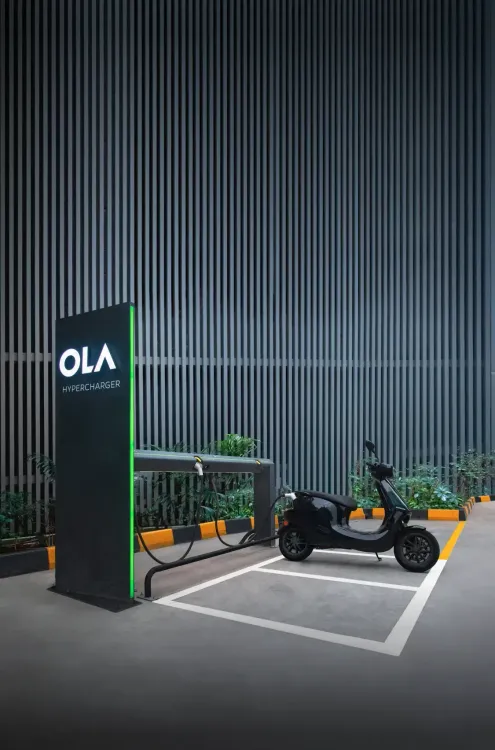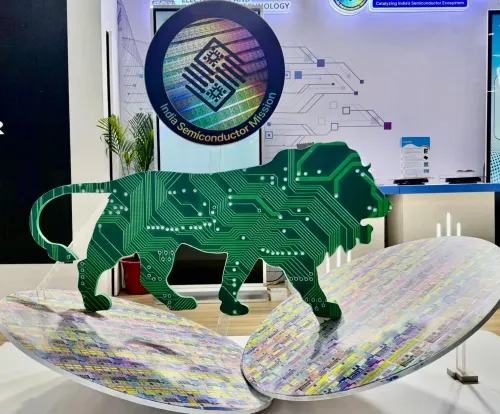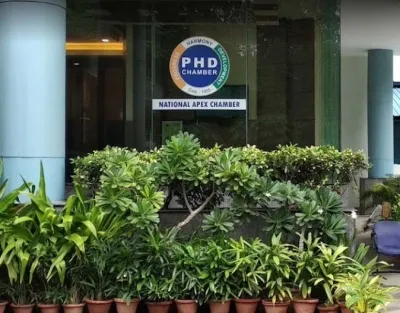Is Ola Electric Really 'Worse Than the East India Company'?

Synopsis
Key Takeaways
- The case highlights serious allegations of workplace harassment.
- Ola Electric denies all claims made against them.
- Legal proceedings are ongoing, with the next hearing set for November 17.
- The situation raises important questions about corporate responsibility.
- Employee welfare must be prioritized in corporate culture.
Bengaluru, Oct 29 (NationPress) The Karnataka High Court convened on Wednesday to hear a petition by Ola Electric CEO Bhavish Aggarwal, who is seeking to dismiss a case of abetment to suicide filed against him.
During the proceedings, attorney Prasanna Kumar, representing the complainant, likened Ola Electric to being “worse than the East India Company,” alleging significant mistreatment of its workforce, according to a report from NDTV Profit.
This case stems from the tragic death of K. Aravind, a 38-year-old engineer employed by Ola Electric as a homologation engineer since 2022.
Aravind reportedly took his own life on September 28 at his Chikkalasandra apartment in Bengaluru. Despite being rushed to Maharaja Agrasen Hospital, he succumbed to his injuries.
In a 28-page handwritten letter, Aravind purportedly accused his superiors at Ola Electric of persistent workplace harassment and failure to pay his salary and other financial entitlements.
His brother, Ashwin Kannan, subsequently lodged a police complaint against Bhavish Aggarwal, Subrat Kumar Dash (head of homologation engineering), among others, attributing responsibility for his brother’s demise to them.
Senior attorney M. S. Shyamsundar, advocating for Aggarwal, contended that the case should be dismissed, arguing that it was initially categorized as an Unnatural Death Report (UDR), thus a new FIR should not have been initiated.
He further noted that Ola Electric had settled all of Aravind’s outstanding dues and claimed that the ongoing controversy was damaging the company, leading to employee departures and a decline in share prices.
Nevertheless, the complainant’s lawyer, Prasanna Kumar, asserted that the company’s treatment had severely impacted Aravind, ultimately contributing to his death.
He also raised suspicions regarding a transfer of Rs 17.46 lakh to Aravind’s bank account just two days after his death.
Ola Electric has categorically denied all allegations, stating that Aravind had not raised any formal grievances regarding harassment during his employment and that his role did not entail direct engagement with upper management.
The company expressed their sorrow over Aravind's unfortunate passing, stating, “We are deeply saddened by the unfortunate demise of our colleague, Aravind, and our thoughts remain with his family during this difficult time.” They further affirmed that Aravind had not reported any issues during his tenure.
The spokesperson added, “His role also did not involve any direct interaction with the company’s top management, including the promoter,” in comments made on October 20.
After evaluating the arguments from both parties, the High Court instructed the police to proceed with their investigation impartially but cautioned against harassing the petitioners. The court has set the next hearing for November 17.








